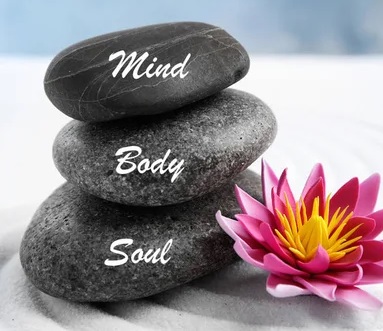Money can be a source of joy or stress. We all know this, and how we relate to them is very important. Many things related to our life can depend on the way we form our relationship with money, so it is ideal for the relationship to be good and, above all, healthy.
So why not apply the principles of mindfulness and finance? In the same way that their use in everyday life involves a conscious and present approach, in which we seek to reach an area of calm and inner balance, we must learn to behave when it comes to money.
There is a saying that "money does not bring happiness," and it is true, but only to a certain extent. Although money is not synonymous with happiness, it is certainly a means by which we can fulfill certain needs and desires. Whether we are talking about the basics that allow us to live in peace, or whether we are talking about the greater or lesser pleasures we enjoy, money contributes to the feeling of momentary or even lasting happiness.
On the other hand, for many, money is a source of fear and anxiety. In some cases they are not enough, in others, they are not properly managed, and in others, they are simply seen through the prism of deep-rooted prejudices, having valences that generate a relationship governed by tension and stress. But it is never too late to change and improve things.
There are many connections between how we feel and money. Here are 3 exciting examples of this:
1. Emotional shopping
It has probably happened to you that you are upset or stressed and looking for a quick solution to make you feel better and forget about worries. That's how you end up buying things you don't need and throwing money out the window. The proof is that the next day or as soon as you passed the moment, you regretted the decision taken. It is best to take a break from such an impulsive moment, focus on other things that relax you, and avoid immediate gratification through shopping, which is a harmful and only seemingly beneficial habit.
2. Psychological security
We all need to feel safe to live a quiet and happy life. And the lack of money is clearly a factor that generates a lot of stress. So it is highly recommended that you set aside a reserve fund, which you know you can access in case of unexpected events. This will help you cut off from the list a very important concern and be able to focus on other things. And the best way to achieve such security is to set aside as many times as you can, no matter how small.
3. Generosity and money
The general perspective when we talk about generosity is that it involves donating money and thus, a loss from a financial point of view. But looking at things more closely and starting from the many generous people, we know for sure that when you give, you actually earn more. That's because you see the positive effects on an emotional and psychological level, not in terms of income or expenses. When money is not your goal in life, you appreciate more the fulfillment that comes from being able to help others and bring joy.
The role of financial mindfulness is to allow us to access a new vision and to offer us practical and concrete recommendations that can improve and harmonize the way we relate to our financial life. But for that we need, first of all, to be aware of our own behaviors and to be open to change and learning. Only in this way can we cultivate a balanced financial life and enjoy money and what it brings us.


















